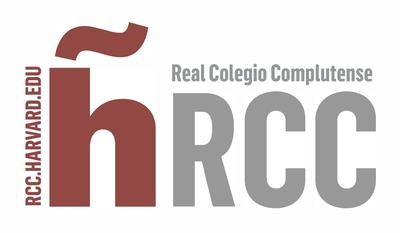Date:
Location:
Why do trade flows tend to agglomerate in some specific cities? What determines the emergence of diversified cities? There are few empirical evidences on why some cities growth much more than others. With a special interest on the Spanish case, this seminar tries to address these questions from the empirical perspectives along two subsequent sections.
In the first one, using a micro-database on road freight shipments within Spain for the period 2003-2007, we consistently decompose the total value of municipal freight flows into the extensive and intensive margins at the European Nuts-5 (municipal), 3 (provincial) and 2 (regional) levels to study the impeding effect of transport costs on trade flows. We confirm the accumulation of trade flows up to a transport cost value of 330 euros and conclude that this high density is not explained by the existence of administrative limits (border effects) but to significant changes in the trade flows-transport costs relationship which define relevant market areas corresponding to specific transport costs values that configure a consistent urban hierarchy system within Spain.
The second section attends to Spanish cities economic structure and to the determinants that leads to the emergence of different type of cities. We find that a higher probability for a city to become specialized if its labor force is relatively low skilled, its production structure is biased towards manufacturing and standardized products, and its size is relatively small. The opposite results increase the probability that a city becomes diversified. In addition, we find that history matters: the degree of specialization in the recent past proves to be a strong predictor of current specialization patterns. Finally, and most interestingly, we find that the probability of becoming a specialized (diversified) city depends positively on low (high) transport costs in the past, while the opposite holds for more recent and present-day transport costs.
Speaker: Jorge Díaz-Lanchas (CID-Harvard Kennedy School and Autonomous University of Madrid)
Sponsor: RCC
